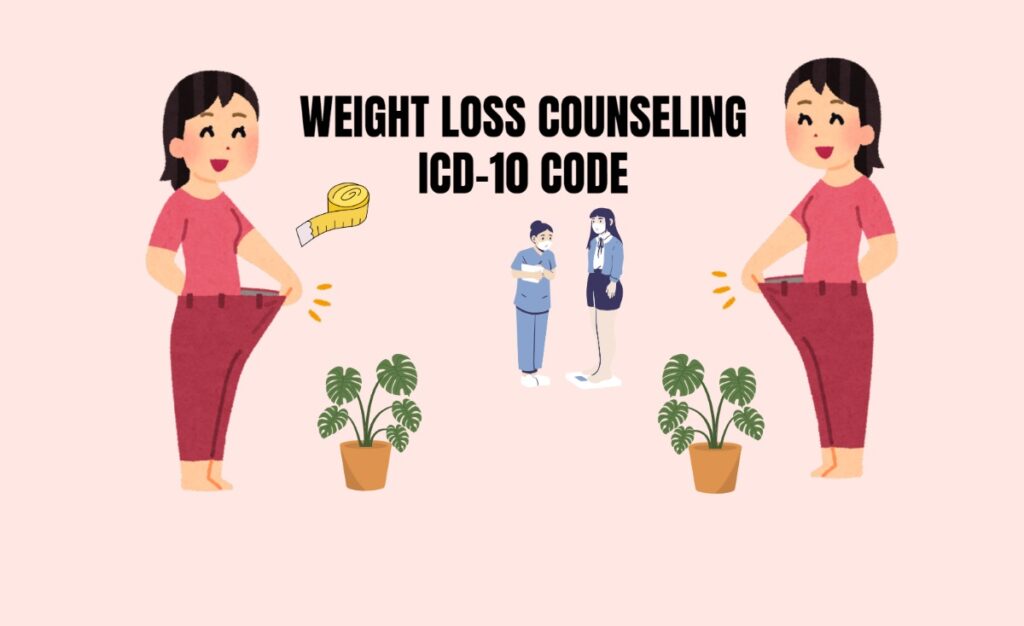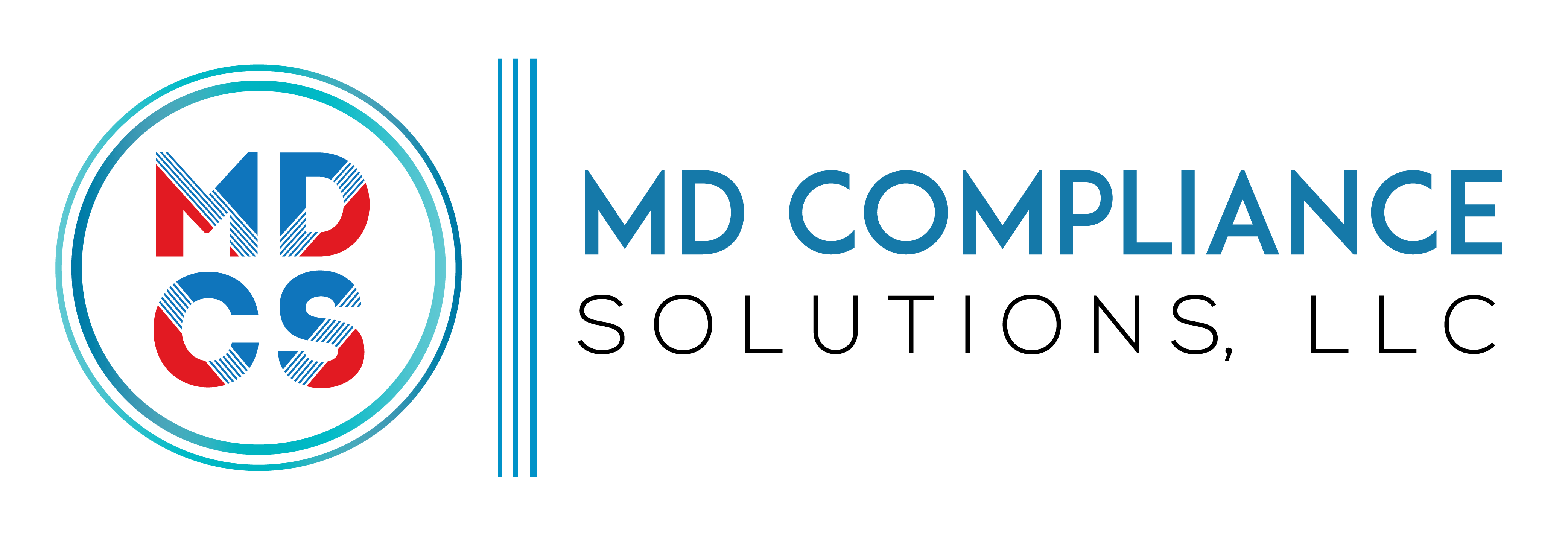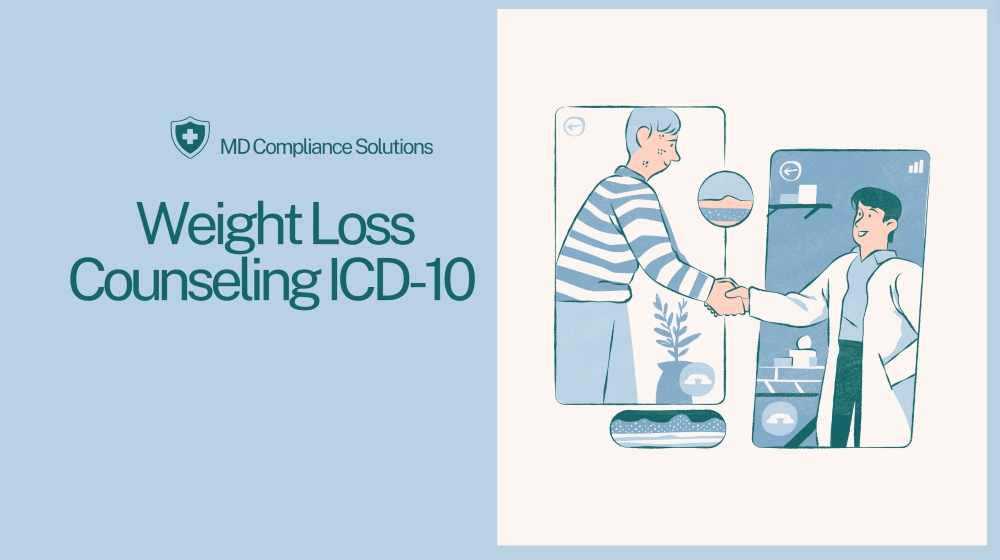Obesity is a serious issue in the United States that affects both the general healthcare system and the health of its citizens. As a result, managing obesity and its associated risks is crucial to understand and control. For this issue, a reputable weight loss counseling service can be helpful. The weight loss counseling icd-10 codes are used when reporting these services. Do you know, what are the ICD 10 code for weight loss counseling, though?
Weight loss counseling icd-10 code is used, when there is medical assistant provided, in which patients receive direction and help in order to reach and stay at a healthy weight. It frequently entails tactics including food guidance, workout suggestions, and behavioral adjustments. “Dietary counseling and surveillance” is what ICD-10 code Z71.3 stands for when it comes to weight loss counseling. This code is used to record the provision of diet and weight control counseling and monitoring services.
The 10th edition of the International Classification of Diseases (ICD-10) designed by WHO and then adapted by centers of Medicare and Medicaid. An overview of the ICD-10 codes that are frequently used for weight reduction counseling is provided in this article.
What is weight loss counseling ICD-10
Coding establishes a common vocabulary for insurance billing, streamlining and standardizing the billing procedure. Similar to how CPT codes are utilized to characterize the medical services rendered, ICD-10 codes are employed to depict the diagnoses addressed.
The WHO (World Health Organization) has designated Z71.3 as a supplemental diagnosis ICD-10 code (It’s valid for claim submission) for the medical diagnosis of dietary counseling for weight loss. Medical coders utilize this billable ICD code to document that patient who are actively trying to lose weight have received nutritional counseling and follow-up care. The general validity period of this code is one year (October 1, 2023–September 30, 2024), for the filing of transactions covered by HIPAA.

Dietary Counseling and Surveillance Meaning
Dietary counseling offers personalized nutritional care to encourage the changing of eating habits. It may also help prevent or treat nutrition-related disorders like heart disease, cancer, obesity, diabetes, and hyperlipidemia. Diet counseling is a procedure in which a health practitioner with nutrition-specific training assists people in making good food choices and developing healthy eating habits. Dietary counseling and surveillance (ICD-10 code Z71.3) is a medical classification recognized by WHO within the range – Factors influencing health status and contact with health services.
What is POA?
The phrase “Present on Admission” (POA) in medicine describes a patient’s condition at the moment of admission to a medical facility. This crucial signal can help medical professionals determine whether the patient’s health issue was present before they arrived or if it worsened while they were there. POA ensures that patients receive the appropriate treatment and assists with their precise care.
POA (Present on Admission) Exemption For Z71.3
Counseling for weight loss Present on Admission (POA) does not need reporting of an ICD-10 code. Therefore, it is forbidden for the medical staff to bring up the necessity of nutritional counseling and monitoring that existed at the patient’s admission.
Dietary and weight loss advice may not be necessary for a patient with a fatty liver who is admitted to the hospital. Once a patient’s condition is stable, however, their physician might determine that dietary advice is necessary to assist manage the dangers associated with having a fatty liver. Z71.3 could be used in this instance by medical coders to report diet and weight loss advice.
In order to make the status of diagnoses during a patient’s admission clear obviously, CMS has established a number of POA indications. The Diagnostic Related Group (DRG) system’s reimbursement rate is affected by these variables when a diagnosis is made. For code Z71.3, which has no effect on the DRG rating or the inpatient care reimbursement procedure, POAs are not required to be reported.
Z71.3 – Dietary counseling and surveillance
Z68.30 – BMI 30.0-30.9, adult
Z59.41 – Food insecurity
ICD-10 Code for Abnormal Weight Loss:
Remember, ICD-10 code R63.4 is assigned to weight loss that is abnormal and unaccounted for. A notable loss of body weight that occurs naturally, independent of diets or other physical activity, is the hallmark of this illness. Abnormal weight loss occurs when you lose more than 5% of your body weight in a span of six to twelve months without any apparent cause. Therefore, it may be considered R63.4 if a someone weighing close to 150 pounds loses 8 to 9 pounds over a few months without intending to.
Z71.3 can be combined with other ICD codes as necessary. D64.9 and Z71.3, for instance, would both be relevant if a patient undergoing weight loss counseling had iron deficiency anemia (D64.9). The counseling process is shown in Z71.3.
Moreover, if any patients actively involved in any type of weight loss program—commercial, medical, or self-directed—Z71.3 is the appropriate classification. Counseling and surveillance are covered by the code. Accurate coding requires proper recording of the dietary guidance.
Diagnostic testing, such as blood tests and imaging, can aid in determining the source of accidental weight loss. Continuous monitoring and follow-up are required to measure progress and manage any new concerns related to weight loss.
Could there be new codes for weight loss counseling icd-10? Yes, there is possible, that new codes may be developed to reflect changing trends in methods to weight reduction counseling as healthcare advances. The codes seek to be as precise as possible on the nature of counseling. Keep the list brief and to the point when recording medical diagnosis codes. Make sure the decimal point is removed if you are manually inputting or writing out the ICD-10 codes.
How can practitioners assurance precise coding for counseling on weight loss?
The following actions should be taken by providers to guarantee appropriate coding for weight loss counseling:
A) Inform coders about the precise ICD-10 diagnoses that pertain to overweight, obesity, and weight loss in relation to the patients they see. Give precise instructions on how to choose codes based on comorbidities, BMI, and medical record documentation. Since the field of coding for weight control is always changing, provide frequent refreshers on the subject.
B) Create a list of components that doctors must include in their records in order to facilitate correct coding. This could involve discussing dietary adjustments, exercise regimens, BMI, obesity classes, and weight loss objectives. Promote thorough documentation.
C) Think about having a professional auditor or coder review a sample of documents for weight loss counseling ICD-10 codes on a regular basis. Check for precision and thoroughness. Give programmers feedback so they can choose codes more carefully.
D) Request reports from coders regarding the ICD-10 codes that are applied to weight loss counseling, along with the justification for the code selection. Examine these reports to make sure the right codes are being used in each instance. If specific codes appear to be overused or underutilized, provide further instruction.
E) Keep abreast of any modifications to the coding specifications for treating obesity and managing weight. Adjust procedures, policies, and instruction as necessary. Fair compensation for clinically necessary weight reduction counseling services is ensured by proper coding. With consistent training and auditing, suppliers can code these services with assurance.
MD Compliance Solutions is a full-service medical billing and coding company that simplifies ICD-10 coding for counseling clients seeking weight loss. With their expertise and experience, our CPC and CCS medical coders can assist you with accurately reporting patient encounters, selecting the appropriate ICD-10 code, and creating medical bills.
Related Reading: Understanding Medical Billing Services: A Comprehensive Guide


